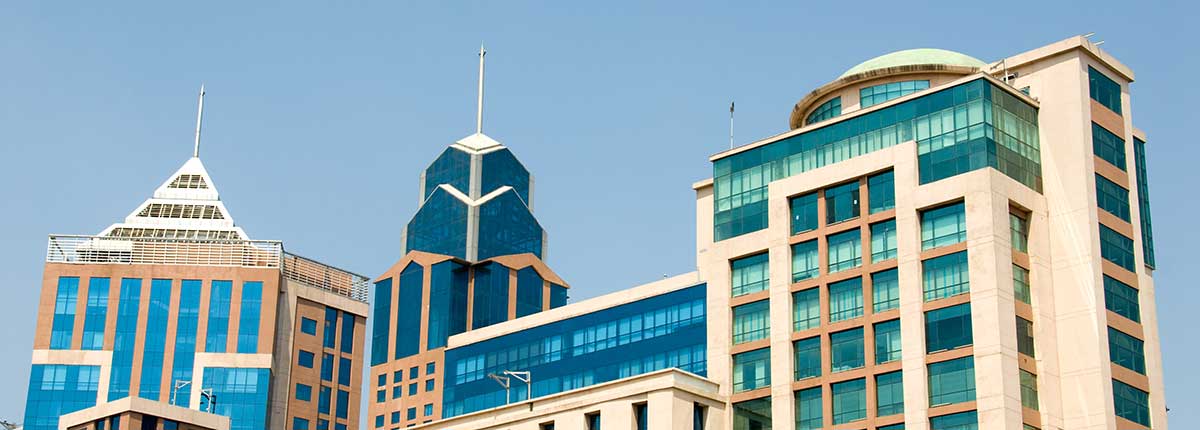
Over the years, the Southern Regional Centre has developed its strengths in many research areas
The Southern Regional Centre (SRC) was set up in Bengaluru with initial support from the Government of India and the European Commission. It has successfully executed a number of projects for various Indian and multinational organisations, corporates, state and government departments, public and private sector enterprises, and international agencies.
It has also joined hands with community-based organisations to mainstream rural and renewable energy. Over the years, it has gained expertise in many areas.
Industrial Energy Efficiency
The SRC was one of the first few institutions in India to start activities in energy efficiency. Since 1990, the centre has worked with various sectors of the economy to conduct several energy efficiency and energy conservation programmes. These activities correspond with the supplementary efforts of the Government of India as part of the Energy Conservation Act.
One of the main achievements of the SRC has been the implementation of the 'Indo-German Energy Efficiency Project', a joint initiative of the Indian and German governments, for around eight years.
Further, the Bureau of Energy Efficiency (BEE), Government of India, has also recognised TERI as one of the few organisations in India to possess professional standards in conducting energy audits. The centre has been a pioneer in conducting coaching programmes for those appearing for the National Certification Examination (NCE) to create a cadre of professionally qualified ‘energy managers’ in energy-intensive industries to provide leadership and a focal point in energy management activities.
Impact Evaluation and Energy Access
The SRC also houses the Centre for Impact, Evaluation and Energy Access, Bangalore (CIEEAB), which is working in the area of rural energy. It is mandated to direct efforts in carrying out research, monitoring, evaluation, learning, documentation, impact assessments, implementation, and providing knowledge support in areas such as rural energy technologies, natural resources management, livelihoods, and corporate social responsibility (CSR) across rural and urban geographies.
Among its priority areas is taking technological innovations from the lab to the field, monitoring, evaluation of projects and programmes in the natural resources and social sectors, and undertaking studies such as rural energy planning, biomass resource assessment etc.
It has also helped corporates design and implement CSR programmes and implemented a number of projects related to cook stoves and biogas for domestic use, gasifier, heat recovery units, dryers for micro industries etc. and conducted training programmes to promote renewable energy technologies for rural applications.
Environment Education and Awareness
The Environment Education and Awareness (EEA) group strongly believes in the need to Engage, Educate and Empower the youth, including students, for a sustainable future. Thus, the EEA is involved in cutting edge research on Education for Sustainable Development and brings out books, newsletters, workbooks, worksheets, manuals, films and other materials periodically. It also organises environmental awareness and capacity building programmes, workshops, hands-on activities, training programmes, exposure visits and sensitisation sessions with target groups on issues related to environment and sustainable development.
Apart from taking part in projects related to implementing comprehensive energy education and energy savings measures in 100 schools in Bengaluru, the group has also undertaken sanitation awareness and teacher training programmes and the Green Olympiad.
Resource Efficient Technologies
The Resource Efficient Technologies (RET) group mainly focuses on the development of environment-friendly plastics, with special emphasis on biomaterials using naturally available renewable resources. Plastic consumption and disposal after use is a major cause of concern globally. In order to meet this challenge, the group mainly addresses the following issues relating to the environment:
- Dealing with plastic waste management by recycling or developing sustainable alternatives from natural resources
- Looking into possibilities wherein natural biopolymers can be used for various applications such as packaging, textiles, agriculture, medicine etc.
The group is currently focussing on biodegradable plastics, superabsorbent materials, fire retardant nanocomposites, and biomedical composites.
Sustainable Habitat
The Sustainable Habitat Division, Bengaluru has been carrying out research and consultancy to mainstream sustainable built environment with focus on the South Indian region. The group, comprising architects and engineers, has worked with corporates and public sector undertakings (PSUs) to help them build green campuses and green buildings.
The group's capabilities have been used to demonstrate solar passive silkworm rearing houses for farmers in South India and to design climate resilient, low-cost housing in Nepal and Bangladesh in partnership with IFC.
Apart from this, the group also focuses on the areas of applied research, policy interventions, and green building consultancy.
Water Resources Policy and Management
The Water Resources and Policy Management (WRPM) area in SRC has been working across South India on several projects. Recognising the ever increasing scarcity of water resources, the WRPM has been working with a strong focus on issues related to water resource management, water conflicts and cooperation, climate change impact on water resources, and water, sanitation and hygiene.
The WRPM has implemented several projects on integrated water resource management, monitoring and evaluation of projects related to drinking water and sanitation, and is involved in enhancing capacities of relevant stakeholders on issues of water cooperation and sanitation and hygiene.
